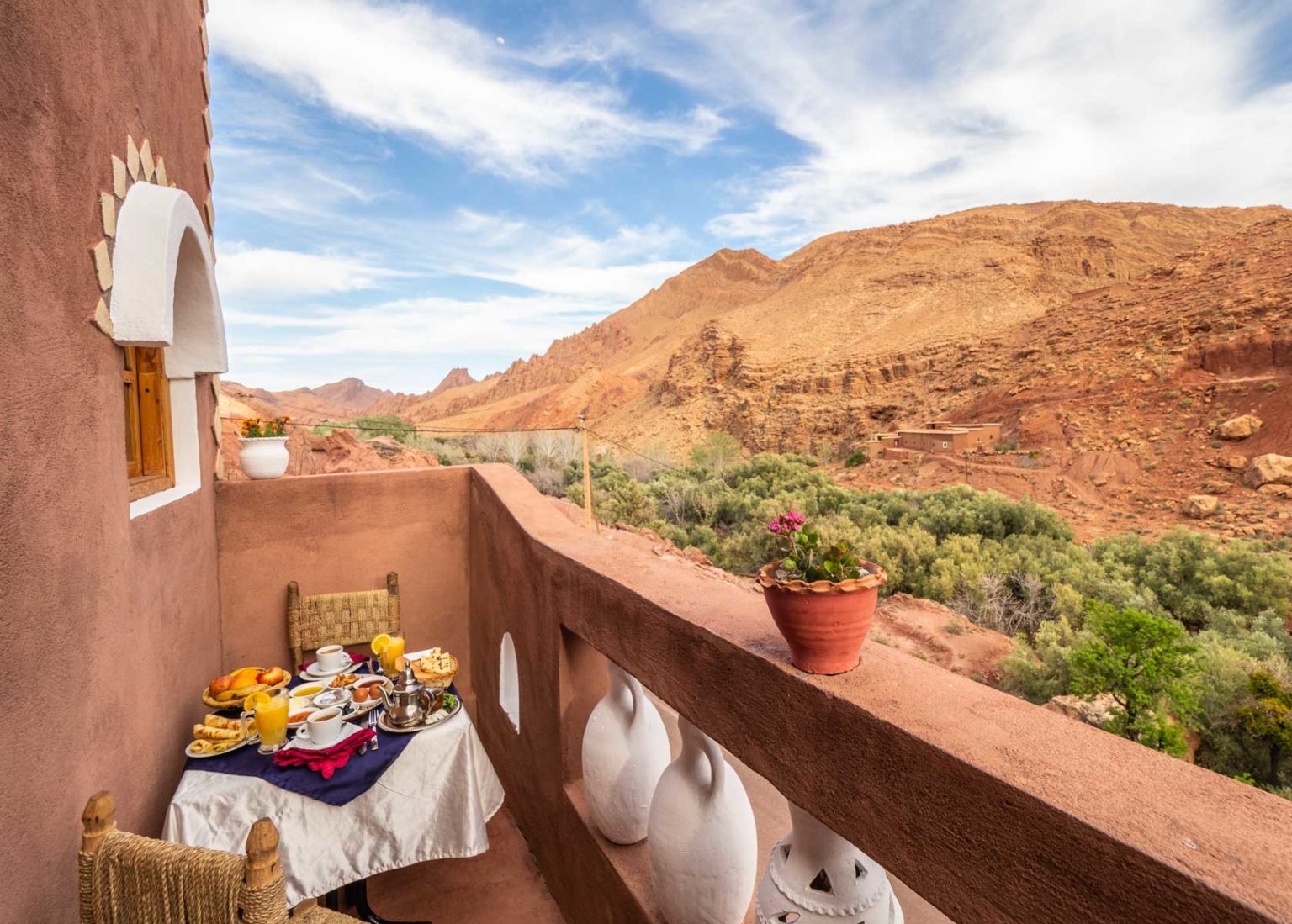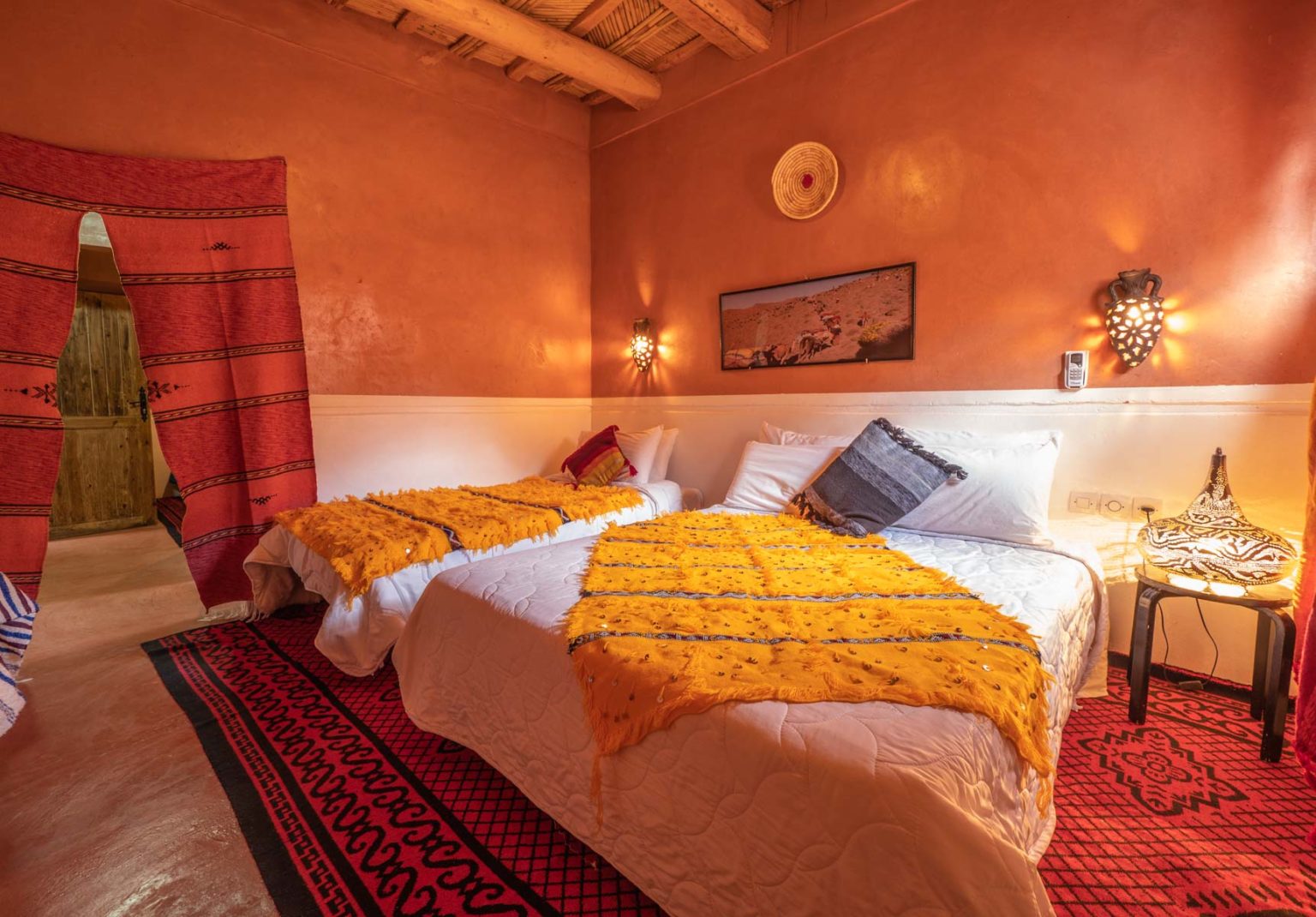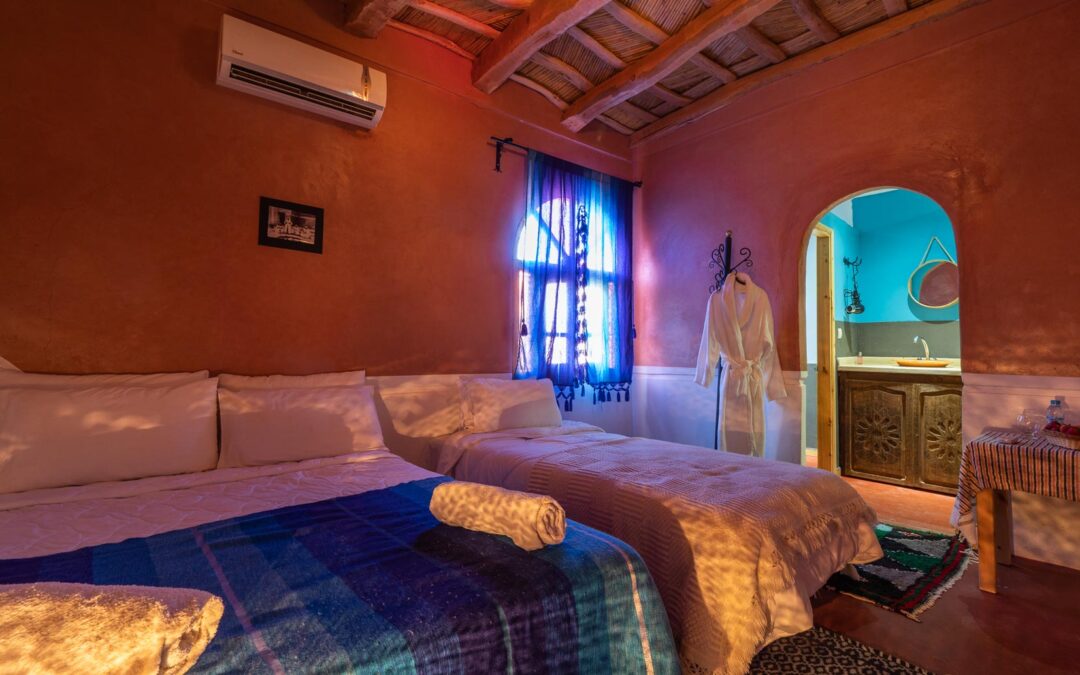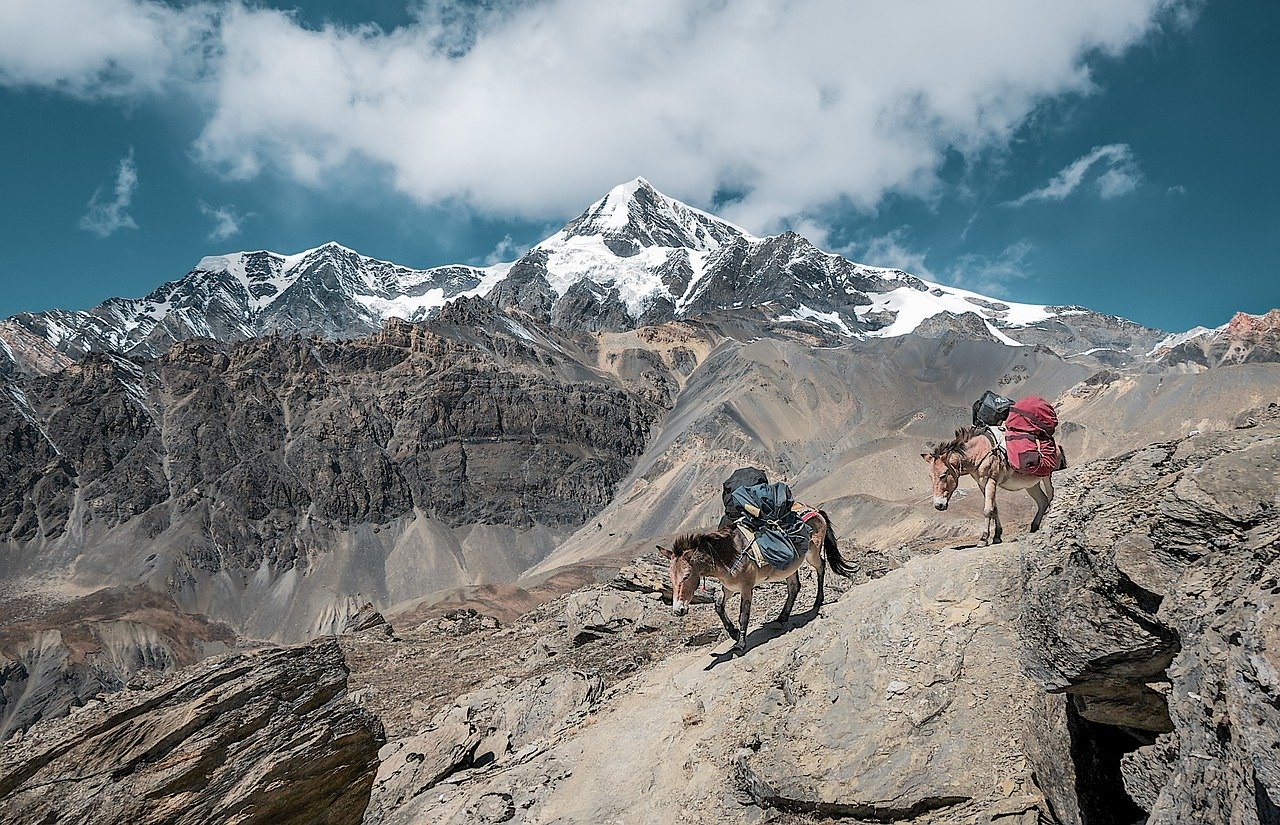
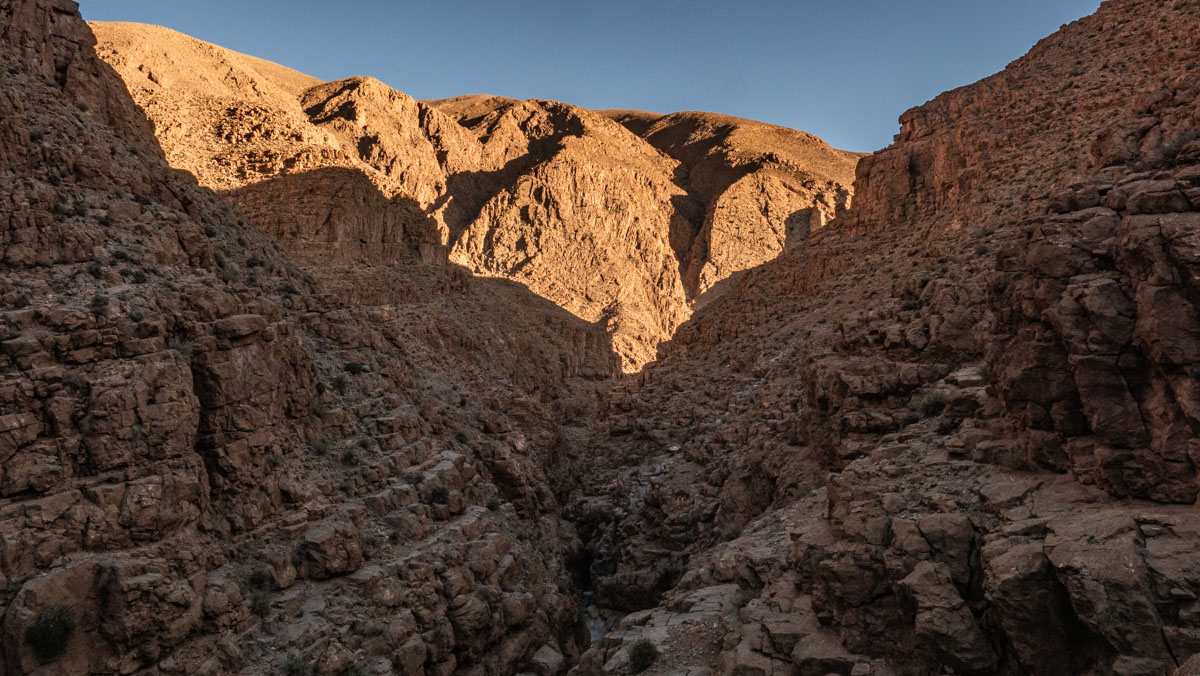
How the Berbers Have Preserved Their Language and Culture Over Centuries
The Berber People: A Rich Cultural Heritage
The Berbers, also known as Amazigh, are an indigenous ethnic group of North Africa. Their history dates back thousands of years, and they have a rich cultural heritage that includes unique traditions, art, music, and language. Despite facing various challenges over the centuries, the Berbers have managed to preserve their identity and way of life.
The Berber Language: A Key to Cultural Preservation
One of the most important aspects of Berber culture is their language. The Berber language, also known as Tamazight, has been spoken in North Africa for millennia. It is a key element in preserving the cultural identity of the Berber people. Despite the influences of Arabic and French, many Berbers still speak their native language in their daily lives.
Challenges Faced by the Berber Community
Throughout history, the Berber community has faced challenges such as colonization, marginalization, and discrimination. These factors have threatened the preservation of their language and culture. However, the Berbers have shown resilience and determination in protecting their heritage.
Auberge Atlas Dades: Preserving Berber Culture Through Tourism
Auberge Atlas Dades is a guesthouse located in the stunning Dades Valley of Morocco. This establishment not only offers a unique travel experience but also plays a crucial role in preserving Berber culture. By promoting traditional Berber hospitality, cuisine, and music, Auberge Atlas Dades helps visitors appreciate and respect the rich heritage of the Berber people.
Connecting with Berber Traditions at Auberge Atlas Dades
Visitors to Auberge Atlas Dades have the opportunity to immerse themselves in Berber traditions and customs. From enjoying traditional meals prepared with local ingredients to participating in music and dance performances, guests can experience the authentic culture of the Berber community. This firsthand interaction fosters a deeper understanding and appreciation of Berber heritage.
Supporting Sustainable Tourism and Cultural Preservation
By choosing to stay at Auberge Atlas Dades and engaging with the local Berber community, travelers contribute to sustainable tourism and cultural preservation efforts. The income generated from tourism helps support the livelihoods of Berber families and ensures the continuation of their cultural practices for future generations.
Embracing Diversity and Cultural Exchange
Through interactions with the Berber people at Auberge Atlas Dades, travelers can embrace diversity and foster cultural exchange. By learning about the traditions, beliefs, and values of the Berber community, visitors gain a broader perspective of the world and develop a deeper appreciation for cultural differences.
Preserving the Legacy of the Berber People
As the Berber community continues to navigate modern challenges while preserving their language and culture, initiatives like Auberge Atlas Dades play a vital role in safeguarding their legacy. By supporting sustainable tourism and promoting cultural exchange, we can ensure that the rich heritage of the Berber people endures for generations to come.

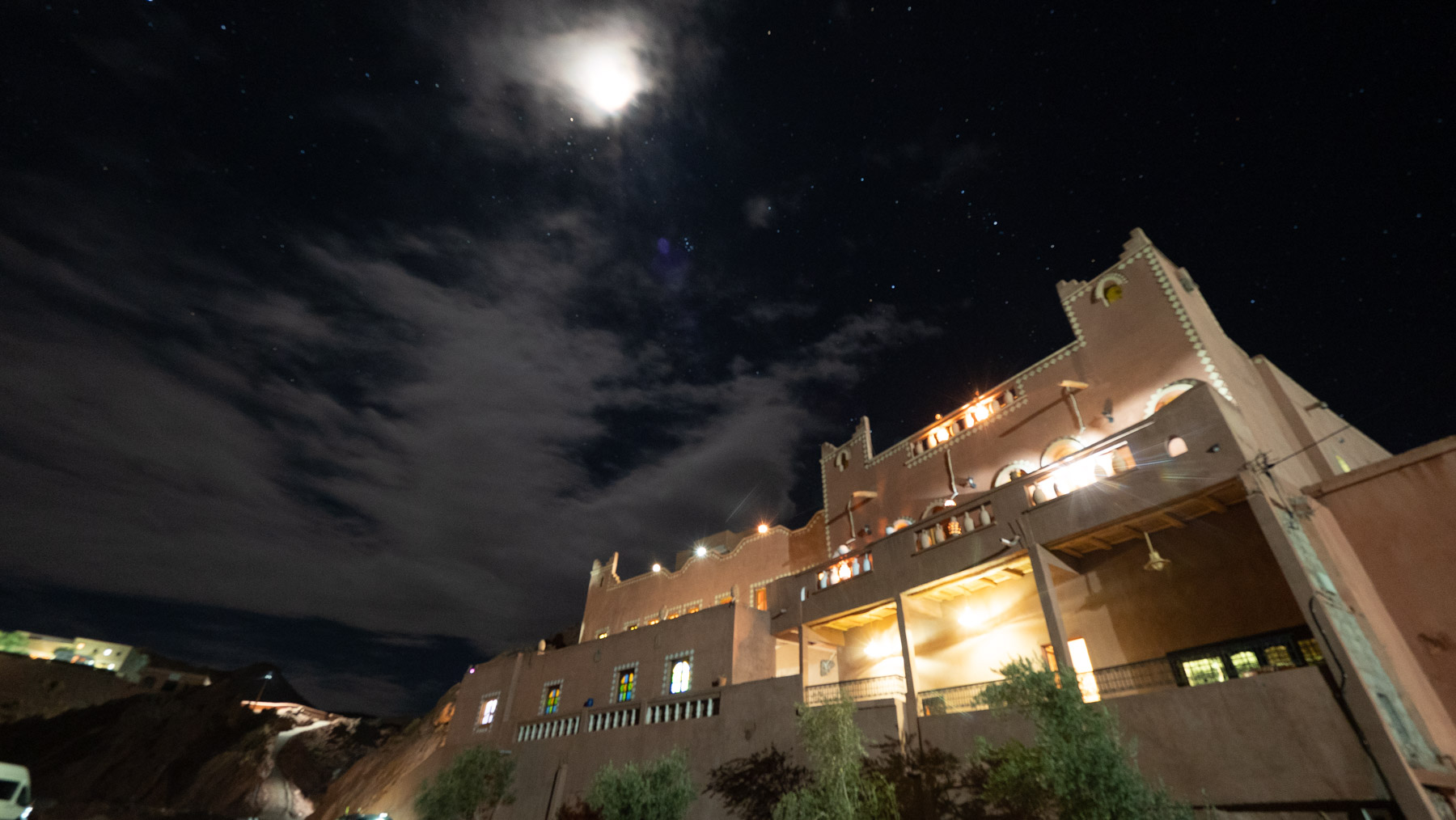
Tips for Preserving Berber Language and Culture
When it comes to understanding how the Berbers have managed to preserve their language and culture over centuries, there are several key factors to consider. Here are some tips to help you gain insight into this fascinating topic:
1. Embrace the Oral Tradition
One of the most important ways in which the Berbers have preserved their language and culture is through the oral tradition. Stories, songs, and poems passed down from generation to generation have played a crucial role in keeping the Berber language alive. By embracing and participating in this rich tradition, you can gain a deeper appreciation for the Berber culture.
2. Engage with the Community
To truly understand and appreciate the Berber language and culture, it is essential to engage with the community. Whether you are visiting a Berber village in the Atlas Mountains or exploring the bustling markets of Marrakech, take the time to interact with locals, listen to their stories, and learn about their customs. This firsthand experience will provide valuable insights into how the Berbers have maintained their cultural identity.
3. Study the Language
If you are interested in delving deeper into the Berber language, consider studying it in more depth. There are resources available to help you learn Berber dialects such as Tamazight or Tashelhit. By gaining a basic understanding of the language, you can better appreciate the nuances of Berber culture and communication.
4. Explore Berber Art and Crafts
Another way to connect with the Berber culture is through their art and crafts. From intricate textiles and vibrant carpets to traditional pottery and jewelry, Berber craftsmanship is a reflection of their heritage and identity. By exploring and supporting Berber artisans, you can contribute to the preservation of their cultural traditions.
5. Attend Cultural Events
Immerse yourself in Berber traditions by attending cultural events such as music festivals, dance performances, and local celebrations. These events provide a unique opportunity to witness the vibrancy and diversity of Berber culture firsthand. By participating in these activities, you can gain a deeper understanding of how the Berbers have maintained their cultural practices over time.
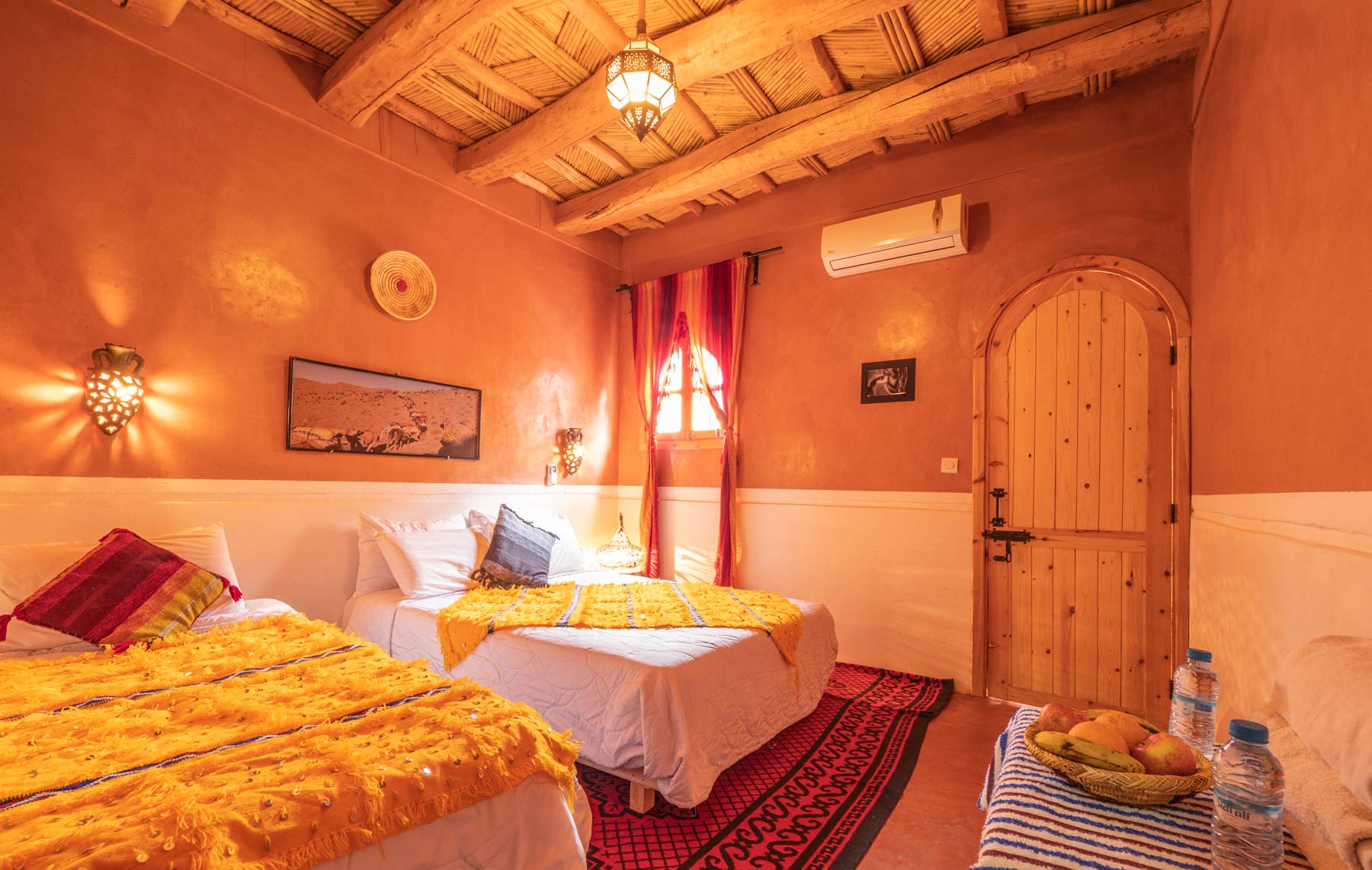
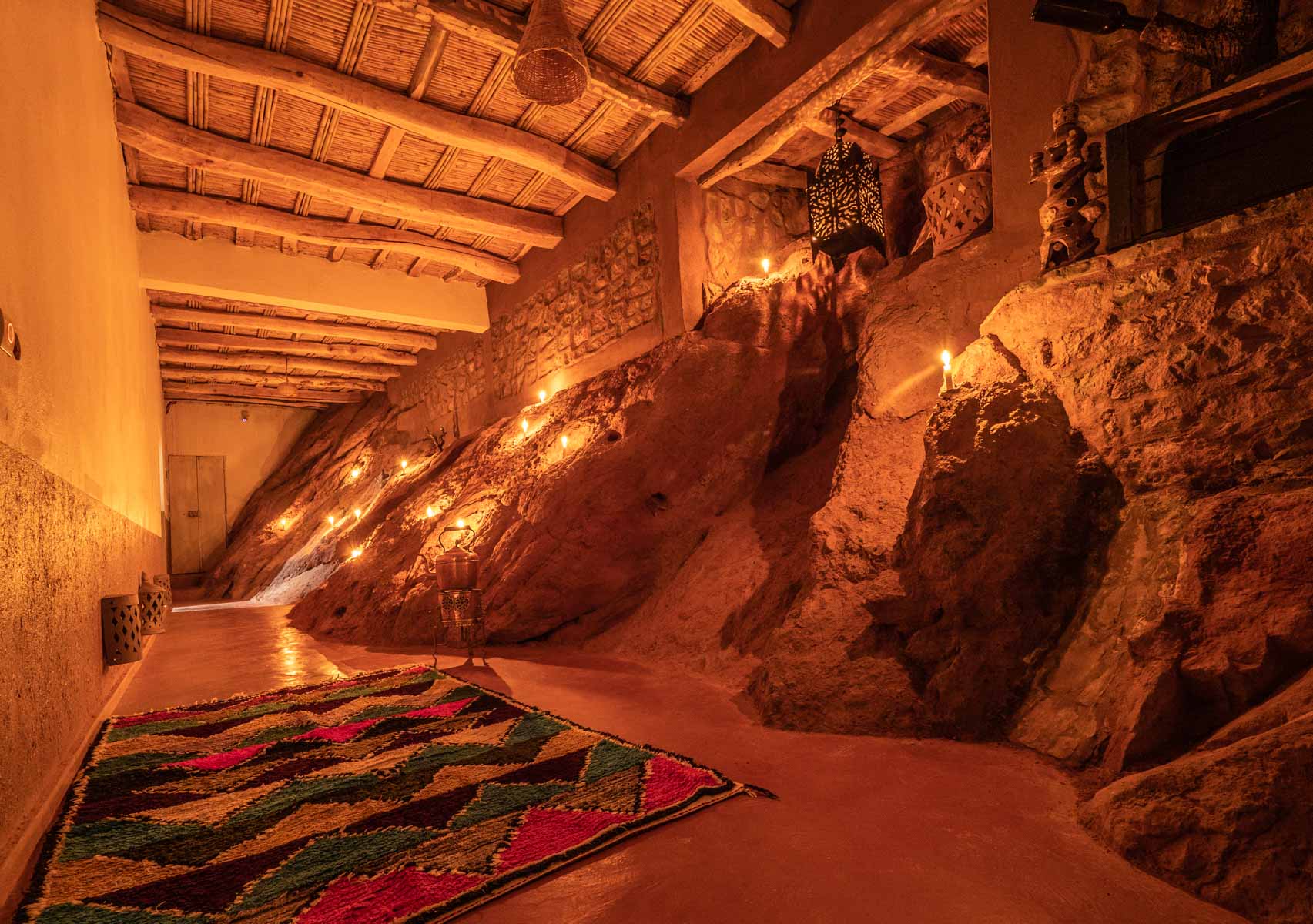
Exploring the Rich Berber Heritage in Morocco
When it comes to understanding how the Berbers have managed to preserve their language and culture over centuries, a journey to Morocco is a must. The Berbers, also known as the Amazigh people, have a rich and diverse history that is deeply intertwined with the land they inhabit. From the majestic Atlas Mountains to the bustling markets of Marrakech, the Berber influence can be felt throughout the country.
Discovering Berber Villages
One of the best ways to experience the Berber culture is by visiting the traditional villages nestled in the mountains. These villages offer a glimpse into the daily lives of the Berber people, showcasing their unique architecture, traditional crafts, and warm hospitality. Walking through the narrow alleyways and meeting locals who still speak the Berber language is a truly immersive experience.
Attending Berber Festivals
Throughout the year, various Berber festivals take place across Morocco, celebrating the rich cultural heritage of the Amazigh people. These festivals feature traditional music, dance, and food, providing visitors with an opportunity to witness the vibrant traditions that have been passed down through generations. Attending a Berber festival is a fantastic way to immerse yourself in the lively spirit of the community.
Exploring Berber Handicrafts
The Berbers are known for their exquisite handicrafts, which range from intricately woven carpets to vibrant textiles and pottery. By visiting local markets and artisan cooperatives, travelers can purchase authentic Berber handicrafts directly from the artisans themselves. Supporting these artisans not only helps preserve traditional craftsmanship but also allows visitors to bring a piece of Berber culture back home.
Learning the Berber Language
While Arabic is the official language of Morocco, many Berbers still speak their native Amazigh language. Learning a few basic Berber phrases can greatly enhance your travel experience and show respect for the local culture. Locals are often delighted to hear visitors making an effort to speak their language, fostering a deeper connection between travelers and the Berber community.
Participating in Berber Homestays
For a truly immersive cultural experience, consider staying in a Berber homestay during your visit to Morocco. This allows you to live with a Berber family, participate in daily activities, and gain insight into their customs and traditions. Sharing meals, stories, and laughter with your host family can create lasting memories and a deeper appreciation for the Berber way of life.

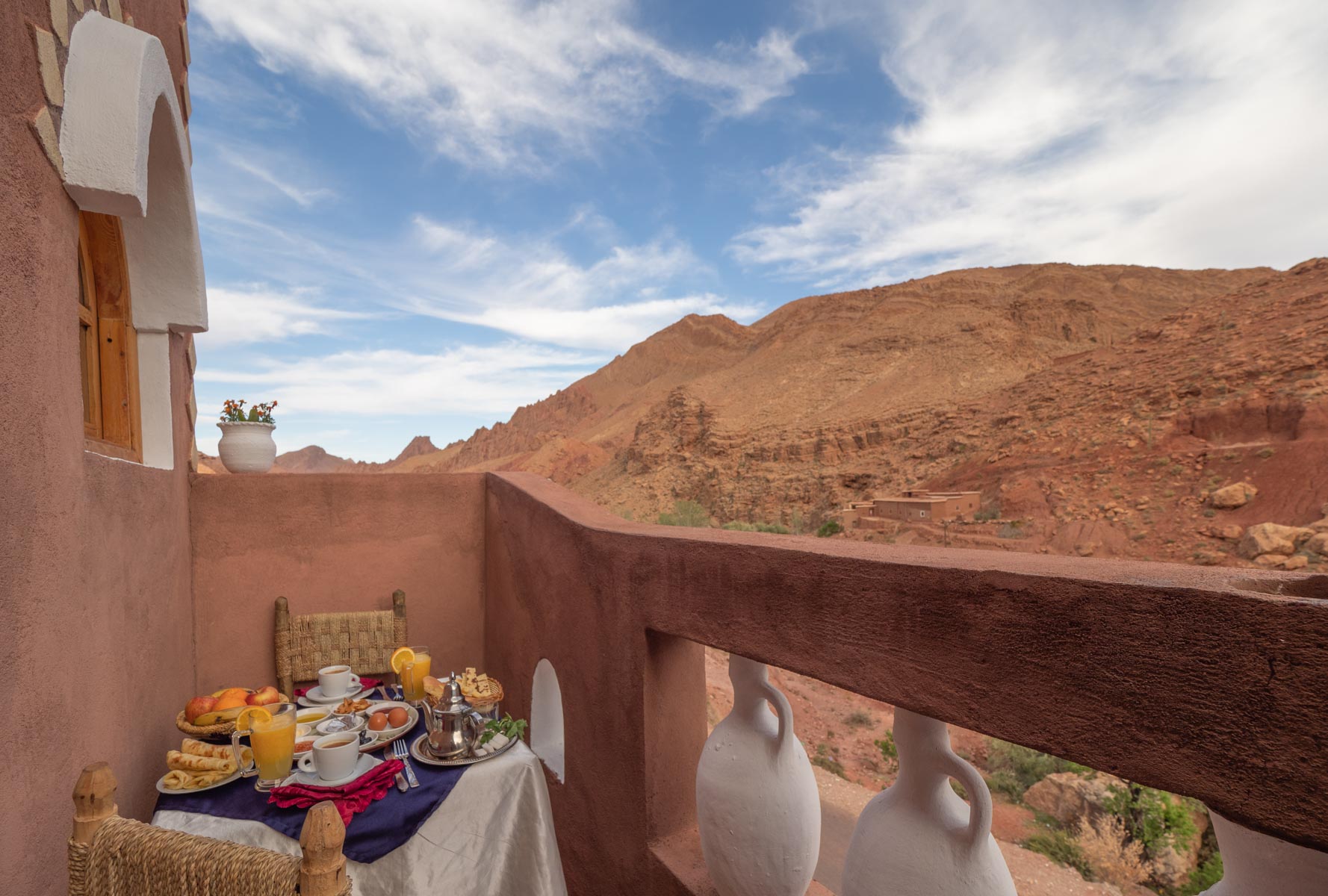
Before Your Trip: Before embarking on your journey to explore the fascinating Berber culture in Morocco, it is important to do some research to familiarize yourself with their traditions and customs. Learning a few basic phrases in the Berber language, such as greetings and simple expressions, can go a long way in showing respect to the local community. Additionally, consider reading about the history of the Berbers and their contributions to Moroccan society to gain a deeper appreciation for their culture.
During Your Trip: While in Morocco, immerse yourself in the Berber way of life by visiting traditional villages and engaging with the local people. Participate in cultural activities such as cooking classes, music performances, and craft workshops to gain a firsthand experience of Berber traditions. Don’t miss the opportunity to explore the stunning landscapes of the Atlas Mountains and the Sahara Desert, where many Berber communities reside. Remember to respect local customs and dress modestly when visiting religious sites or interacting with locals.
After Your Trip: After returning from your enriching journey to Morocco, consider ways to support the preservation of Berber culture. Share your experiences with friends and family to raise awareness about the importance of preserving indigenous languages and traditions. You can also support local Berber artisans by purchasing handmade crafts and products, contributing to the sustainable development of their communities. Consider joining cultural exchange programs or volunteering opportunities that promote cross-cultural understanding and appreciation.
Accommodation Recommendation: Auberge Atlas Dades
If you are looking for an authentic Berber experience during your stay in Morocco, Auberge Atlas Dades is the perfect choice for accommodation. Located in the picturesque Dades Valley, this charming guesthouse offers stunning views of the surrounding mountains and valleys. The friendly staff at Auberge Atlas Dades will welcome you with warm hospitality and introduce you to the rich Berber culture through their traditional decor and cuisine.
The cozy rooms at Auberge Atlas Dades are tastefully decorated in Berber style, providing a comfortable and relaxing atmosphere for guests. You can enjoy delicious homemade meals prepared with fresh local ingredients, giving you a taste of authentic Berber cuisine. Take a leisurely stroll through the rose gardens or relax on the terrace while admiring the breathtaking sunset over the Atlas Mountains.
Whether you are seeking adventure in the outdoors or simply looking to unwind in a tranquil setting, Auberge Atlas Dades offers a unique retreat that captures the essence of Berber hospitality. Immerse yourself in the beauty of the Dades Valley and experience the warmth of Berber culture during your stay at this hidden gem in Morocco.
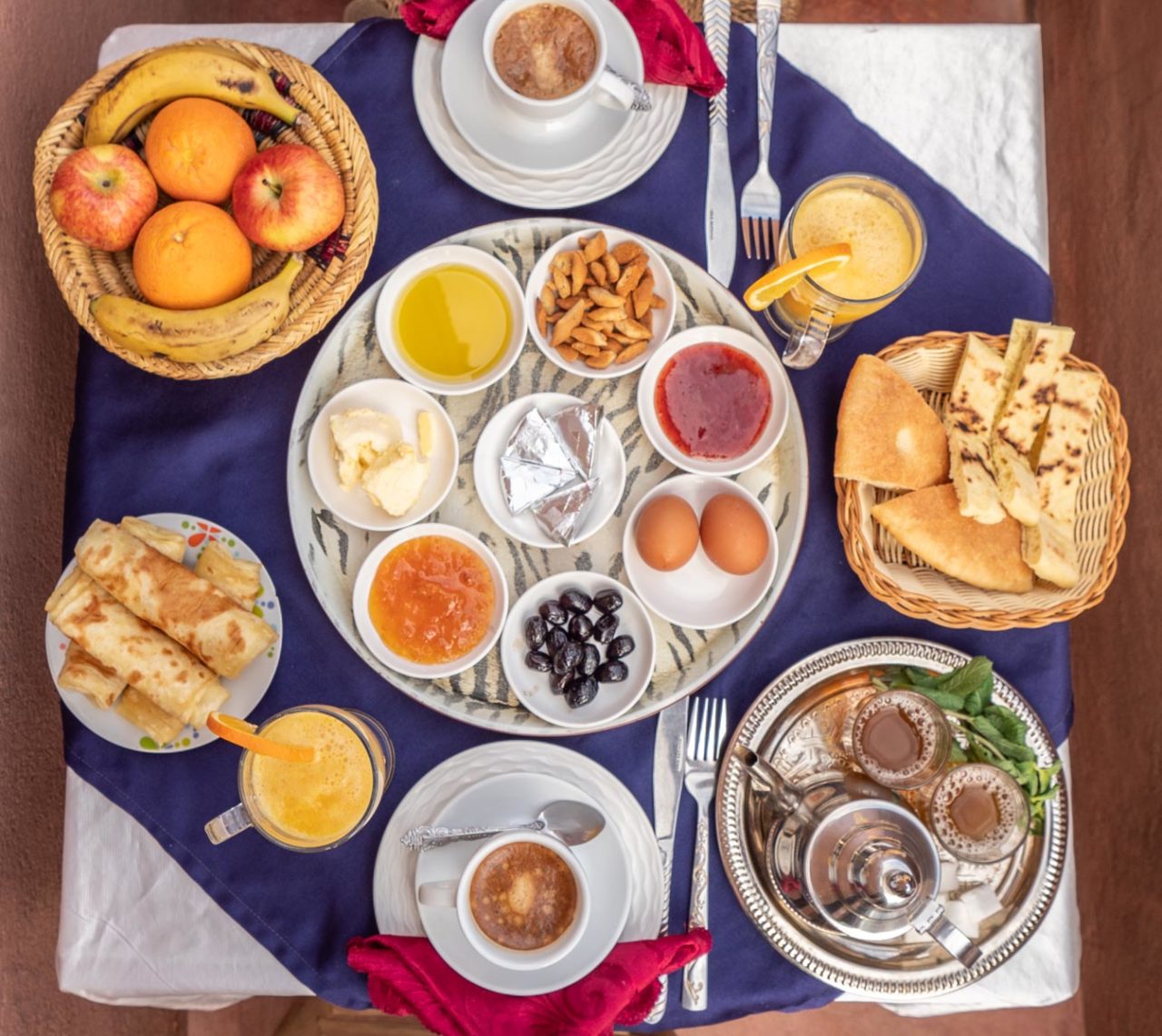


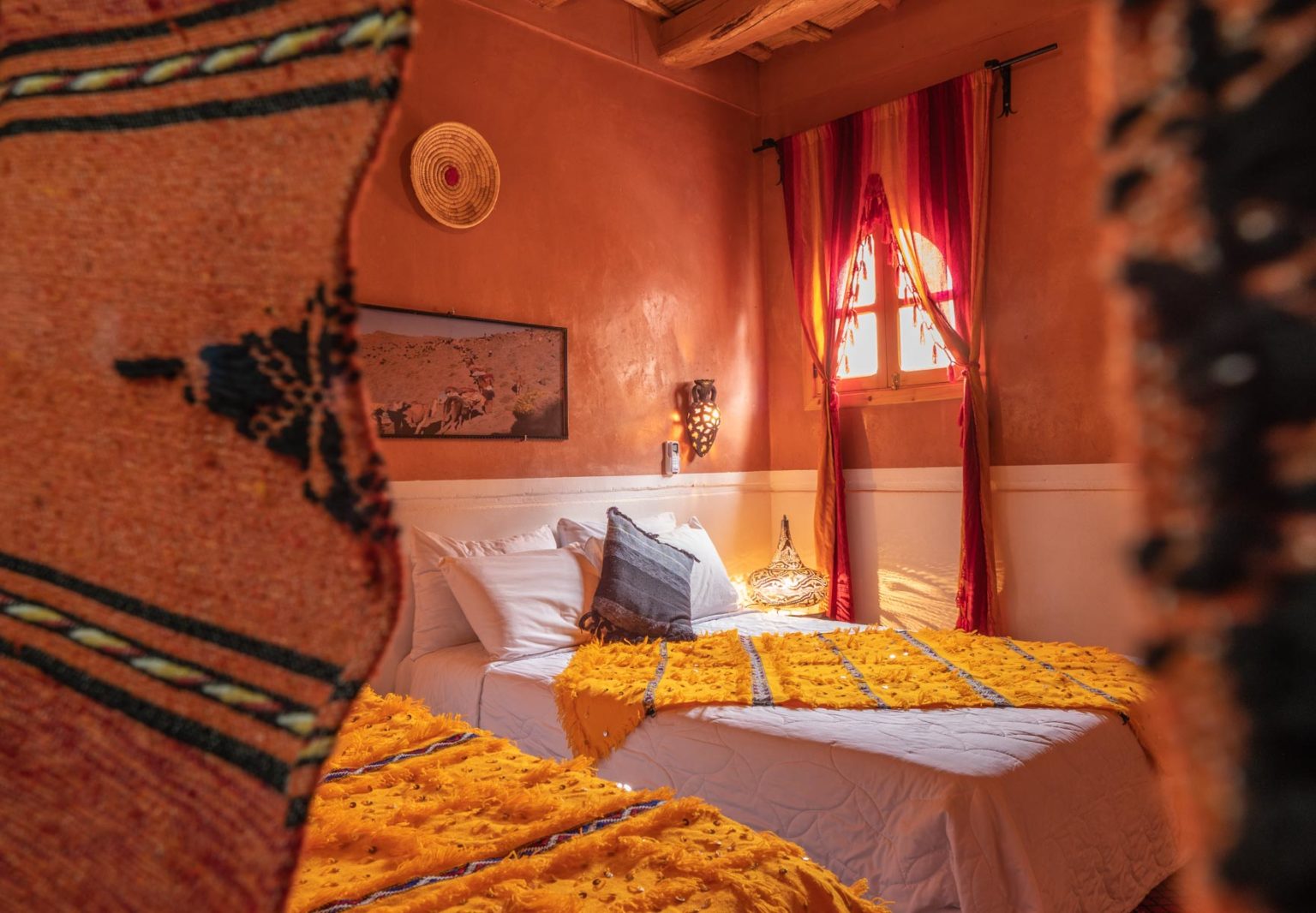
Frequently Asked Questions
1. How have the Berbers managed to preserve their language over centuries?
The Berbers have preserved their language through oral tradition and community-based education programs.
2. What role does geography play in the preservation of Berber culture?
The rugged terrain of the Atlas Mountains has served as a natural barrier, allowing the Berbers to maintain their distinct culture and language.
3. How do modern Berbers balance tradition with contemporary influences?
Modern Berbers often blend traditional practices with modern conveniences, adapting to the changing world while still honoring their heritage.
4. What are some key elements of Berber cultural identity?
Elements such as music, textiles, and rituals play a crucial role in defining Berber cultural identity.
5. How do Berber communities pass down their traditions to younger generations?
Through storytelling, festivals, and family gatherings, Berber communities ensure that their traditions are preserved and celebrated.
6. What challenges do Berber communities face in the modern world?
Globalization and modernization present challenges to Berber communities, threatening to erode traditional practices and languages.
7. How has tourism impacted Berber culture?
Tourism has provided economic opportunities for Berber communities but has also led to concerns about cultural commodification and authenticity.
8. Are there efforts to revitalize the Berber language and culture?
Yes, there are ongoing efforts to promote Berber language education in schools and cultural initiatives to preserve and celebrate Berber heritage.
9. What can visitors do to support Berber communities?
Visitors can support Berber communities by purchasing local crafts, participating in cultural experiences, and respecting traditional customs.
10. How can people learn more about Berber culture and language?
People can learn more about Berber culture and language through books, documentaries, and guided tours that focus
